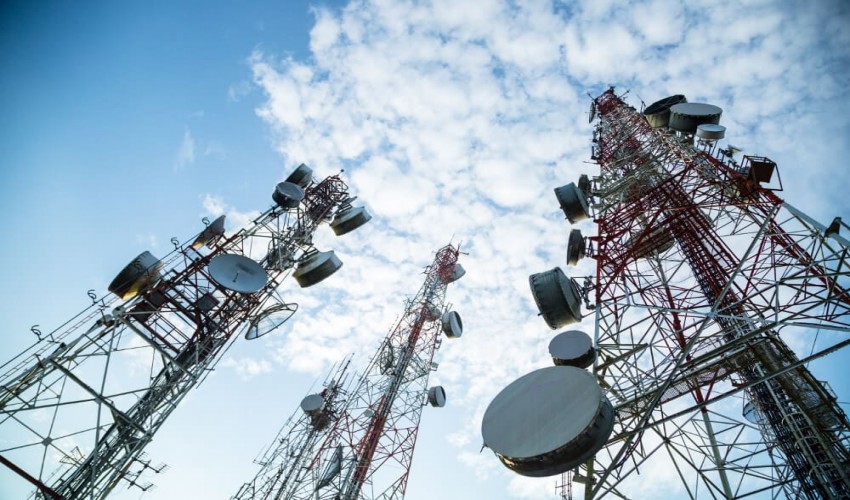BUSINESS EXTRA

BILLIONS LOST AS FIBRE CABLE CUTS DISRUPT TELECOM SERVICES ACROSS NIGERIA
Nigeria’s telecom industry is losing billions of naira every year to a growing problem—repeated fibre optic cable cuts that disrupt services for millions of subscribers.
These cables form the backbone of the country’s digital economy, carrying internet, voice calls, mobile banking, and other vital services. But frequent damage—often caused by road construction, vandalism, and sabotage—has become a nightmare for operators and customers alike.
Industry data shows that over 60,000 fibre cuts occur annually, costing telecom companies between ₦5 billion and ₦7 billion in repairs and maintenance. The Association of Telecommunications Companies of Nigeria (ATCON) says most of the damage happens when construction crews dig up roads without checking for underground infrastructure.
Vandalism is another major culprit. Criminals sometimes cut cables to sell as scrap, while in other cases, local disputes with telecom firms lead to deliberate sabotage.
Nigeria’s top mobile operators—MTN, Airtel, Globacom, and 9mobile—have all felt the pinch. MTN alone spent over ₦2 billion in 2023 fixing damaged cables. Airtel has also had to pour money into backup systems and alternative routes, diverting funds that could have gone into expanding its network.
The Nigerian Communications Commission (NCC) has repeatedly warned that these disruptions threaten the country’s broadband goals. It is pushing for the passage of the Critical National Infrastructure (CNI) Bill, which would give telecom assets stronger legal protection and impose stiffer penalties for damage. However, delays in legislation and weak enforcement continue to hinder progress.
Some states, including Lagos and Kano, have started mapping underground cables to avoid accidental cuts during roadwork. Still, experts say a nationwide approach is urgently needed.
MainOne CEO has stressed the importance of collaboration between telecom companies, construction firms, and law enforcement to safeguard infrastructure. Without such measures, persistent fibre cuts could slow Nigeria’s digital transformation—hurting businesses, schools, and government services.
With the 2025 broadband target of 70% coverage fast approaching, industry players are calling for stricter regulations, better coordination, and public awareness campaigns to protect these critical networks. If not, consumers may continue to pay the price through higher tariffs and poorer service quality.
"This represents a significant development in our ongoing coverage of current events."— Editorial Board









